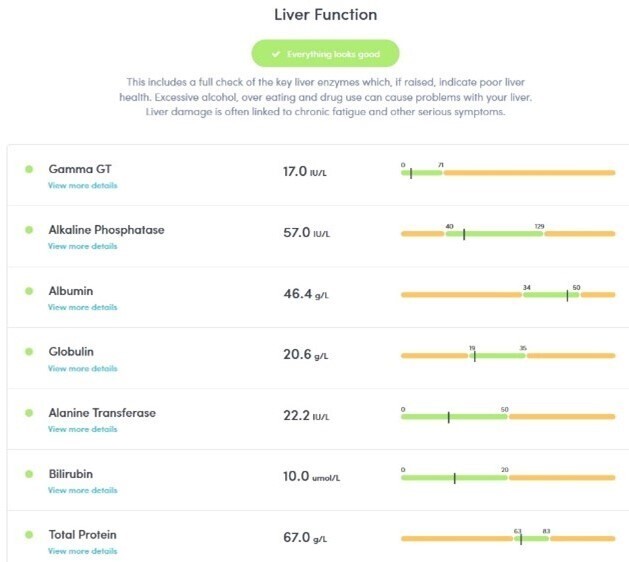“Non, je veux savoir les resultats de touts mes tests medicaux. C’est mon droit de les connaître pour mieux prendre soin de ma santé.”
“No, I want to know the results of all my medical tests. It’s my right to know the results, so that I take better control of my health.”
I call my mom, who is 76 years old and French but based in Canada, three times a week. She usually jabbers on at me in French about her latest pickleball endeavours (yes, it’s a real thing), her daily five-mile walks, or her volunteer friends from the local hospital where she spends every Friday helping people get to their appointments.
She was in a right huff on this particular day. She’d gone to get a bone density scan two weeks before and was infuriated that her doctor hadn’t yet called to tell her the results, despite already being on medication for osteoporosis. She also raged about how for the past 40 years of living in Canada, she’d always had an annual check-up or health MOT, but that the government had now stopped them due to budget constraints. She now felt worried that doctors weren’t proactively looking after her health.
Now, in my opinion, my mother is a well-educated, strong, and independent woman. She carries a notebook with her everywhere she goes and writes everything down: from the podcasts she’s listened to that she needs to tell me about (she calls them ‘pot-casts’), to the flowers that were in bloom on her walk and even all her results from health tests (yes, even though they are available online).
On our call I explained to her that here in the UK, you usually don’t get your test results unless the doctor spots something abnormal that needs to be investigated further. I also told her that not everyone wants to know, can understand, or can even begin to process, what the test results mean. Whilst she could empathise with many of these reasons, she was still shocked. For her, she owns her health and like everything else in her life, she wants to have full control of it. She believes that it’s up to her to know the levels of various vitamins in her body, track her bone density, and understand how her body is changing because of ageing.
I thought she was being pedantic, but as alluded to in our recent blog, I’m definitely the type of person who knows what I need to do, but don’t always want to hear the hard-hitting truth that my doctor will serve up to me.
So, I thought I’d do a bit of digging. Turns out, maybe I should take a leaf out of my mother’s book (her little notebook, to be specific).
A recent paper published in JAMA surveyed 8,139 people in the US about their attitudes to having immediate access to test results via an online portal. An astounding 96% of them wanted to see their results immediately. Now, the average age of respondents was 64 years old, which made me wonder if perhaps this was something more important to people as they got older?
Turns out I was wrong, and this time I didn’t need to scour through medical publications – I just had to look in my bathroom cupboard. My husband (who is nowhere near 64) has been using Thriva for years. He pays to prick his own finger with a needle, and on a quarterly basis, sends off the vial of blood to the company’s testing centre. Then, in his email, he is sent something that looks like this:

In 2022, Thriva was in the top 10 of Europe’s fastest-growing companies according to the FT, with a compound annual growth rate of 322%. The company was built on the idea that blood test kits could keep you out of hospital — if used to identify and address problems before they spiral out of control. Their simple, visual platform helps to address the challenges I flagged to my mother about one’s ability to understand the myriad of health tests – it simply explains the various measures, plots them on a nicely coloured graph, and voila! Results that anyone can understand at their fingertips.
In this article from Sifted, the founders of Thriva did acknowledge that their biggest challenge was people like me: “Logical arguments in health often don’t win. We know preventative health is a good idea but individuals tend to exist on a ‘live today’ basis, which means they think it’s a really good idea, but don’t actually act.”
With preventable, long-term conditions being the largest cause of illness and death in the UK, it’s time we leveraged the wealth of resources that exist to take an active role in our health and wellbeing. And this is what will allow us to connect the dots between health and life – by taking control of our health before problems arise (or before it’s really too late), we can make the necessary lifestyle changes so that we can live long, healthy and fruitful lives well into our old age.
